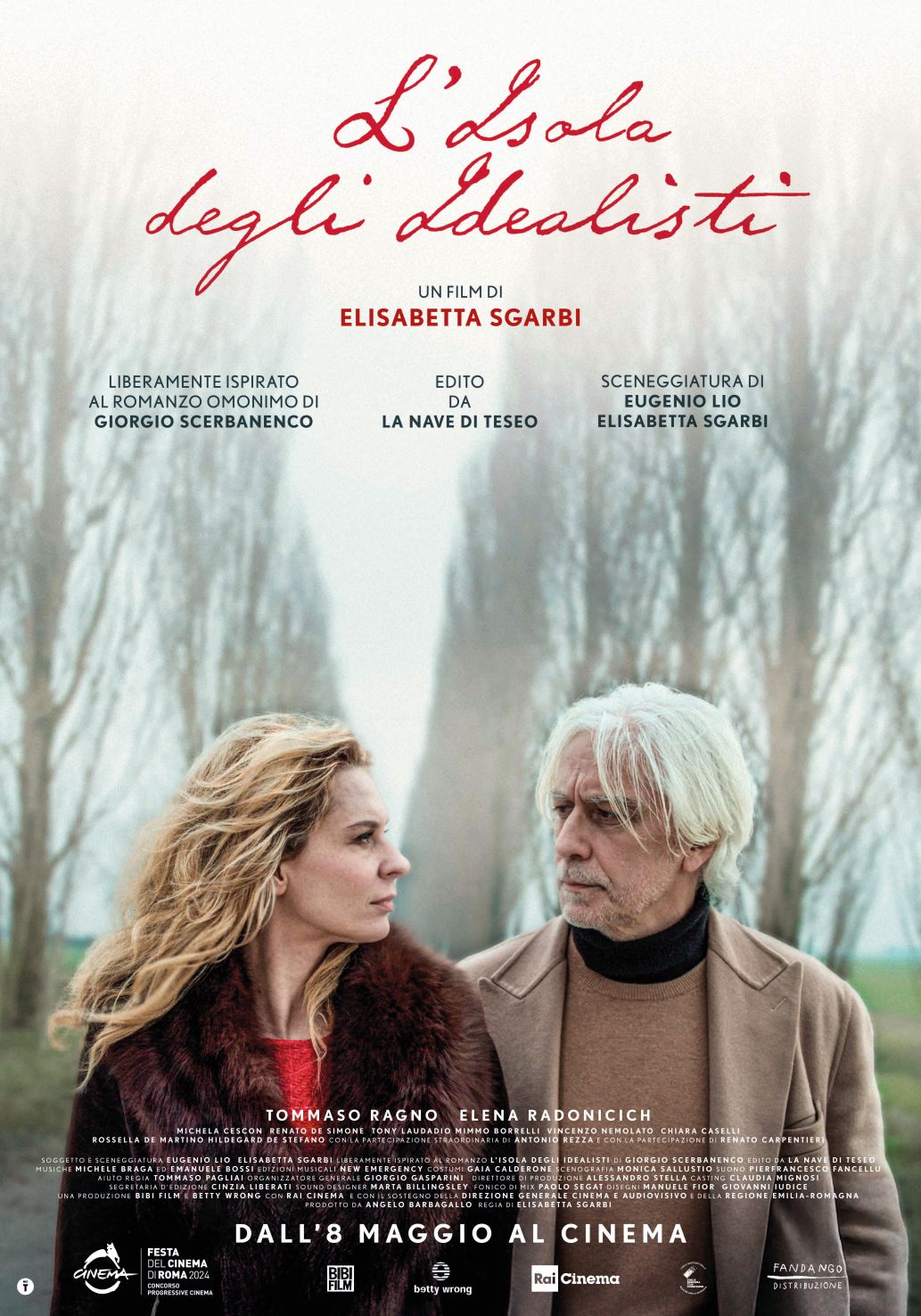It is a cold January night when two young thieves on the run—a girl and a boy, Beatrice Navi and Guido Cenere—arrive on an island. They are caught by the caretaker, Giovanni Marengadi, and his Dobermann dog, Pangloss, and brought before the owners of the lavish villa at the center of the island, known as “Villa delle Ginestre.”
In the villa lives the peculiar Reffi family. Antonio, the patriarch, is a former orchestra conductor who views life with irony, especially that of his two restless children: Carla, a successful writer awaiting a long-overdue response from her publisher about her new novel; and Celestino, a former doctor with a passion for philosophy and mathematics, haunted by his past and obsessed with a violinist of whom he retains only distant Super 8 footage. Also residing in the villa are the enigmatic housekeeper, Jole, and her husband Vittorio, Carla’s secretary.
Celestino Reffi proposes a deal to the two fugitives—whose reasons for fleeing remain unclear: he will not report them and will hide them from Commissioner Càrrua, who is on their trail, but in return, they must follow a sort of “education course,” because Celestino is “convinced he can persuade them to change their lives.” Yet it will be the arrival of the two young strangers that will forever change the lives of everyone in that villa, suspended between water and mist.
Elisabetta Sgarbi is an Italian filmmaker, publisher, and intellectual, a proponent of a vision of culture that engages with all disciplines: art, science, history, and geography. Her work is rooted in an anti-dogmatic approach, aimed at promoting knowledge, research, and experimentation as tools for reflection and resistance against ignorance and misinformation.
Born in Ferrara, daughter of pharmacists Giuseppe Sgarbi and Rina Cavallini, she graduated in Pharmacy in 1980. After curating the magazine PANTA with Pier Vittorio Tondelli, she joined Bompiani as editorial director, where she worked for over twenty-five years. In 2015, she founded the publishing house La nave di Teseo, and later became president of Baldini&Castoldi, Oblomov, and the music production company Betty Wrong Edizioni Musicali. In 2000, she created the cultural festival La Milanesiana, which remains active to this day.
As a director, she has created numerous documentaries presented at the Venice Film Festival and other festivals, exploring themes ranging from art history to popular music, from the memory of the Resistance to scientific outreach. Among her most notable works: Il pianto della statua, Se hai una montagna di neve tienila all’ombra, Racconti d’amore, Extraliscio – Punk da balera, and Vaccini. 9 lezioni di scienza.
Through her films, Sgarbi starts from the particular to reach the universal, weaving together languages and disciplines to portray the complexity of the world and the value of culture as a shared experience.
